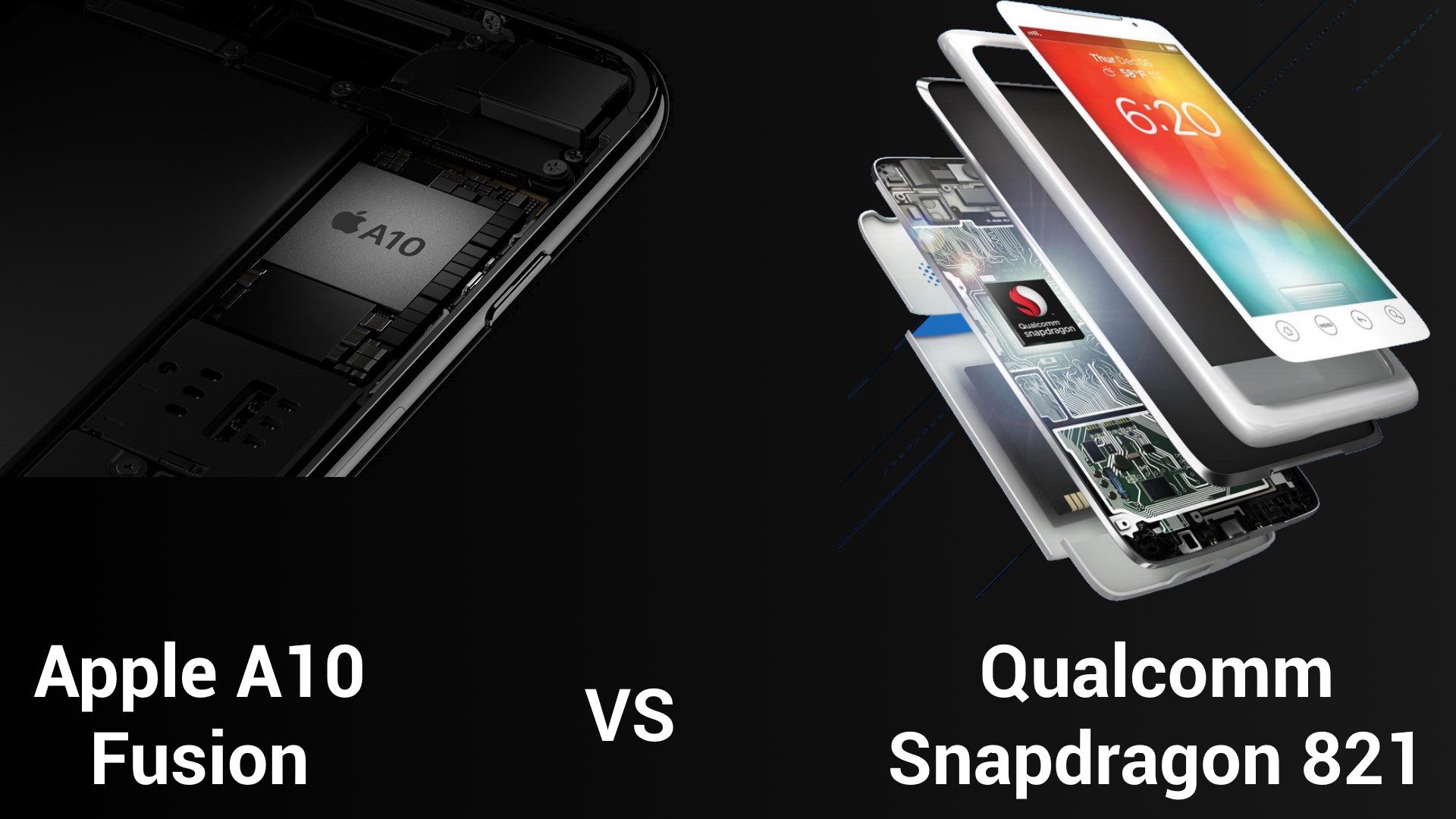Affiliate links on Android Authority may earn us a commission. Learn more.
Qualcomm charged by US government with anti-competitive practices
Published onJanuary 17, 2017

Qualcomm is going to have to deal with a new court battle, this time brought on by the US government. In this case, the US Federal Trade Commission has charged the chip maker with engaging in anti-competitive practices surrounding its baseband processor products.

In its complaint, the FTC said Qualcomm forced smartphone and other device makers to agree to its license terms in order to gain access to its baseband processor products. The FTC called it a “no license, no chips” policy that it claims forces smartphone makers to pay higher royalty fees to Qualcomm if they wanted to use a competitor’s baseband processors. It added:
“No license, no chips” is a condition that other suppliers of semiconductor devices do not impose. The risk of losing access to Qualcomm baseband processors is too great for a cell phone manufacturer to bear because it would preclude the manufacturer from selling phones for use on important cellular networks.
The FTC complaint added that Qualcomm has failed to offer its standard patents to competing baseband companies under fair, reasonable, and non-discriminatory (FRAND) terms. Finally, the government claims Qualcomm kept a specific phone company, Apple, from using any competing baseband processors in its devices from 2011 to 2016.
In its own statement, Qualcomm claimed the company has “never withheld or threatened to withhold chip supply in order to obtain agreement to unfair or unreasonable licensing terms.” It also seemed to suggest the FTC’s decision to take the company to court was politically motivated, as it was made just a few days before the start of a new administration. The company claimed such a move “reflects a sharp break from FTC practice.”
Qualcomm has already been dealing with similar anti-competitive claims from other countries. Just a few weeks ago, the government of South Korea hit the company with a fine of 1.03 trillion won (around $854 million), claiming it charged royalties to smartphone companies for several unnecessary patents. Qualcomm says it will be appealing the fine in court.
What are your thoughts on the situation? Let us know down in the comments.